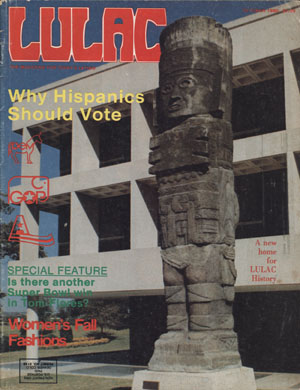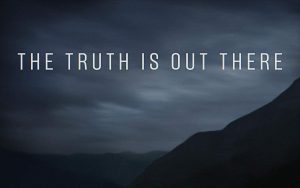When I moved from New York to Texas last year, I discovered that Texans are truly devoted to their state’s history. Perhaps then it’s no surprise that Texas repositories have banded together to offer a really cool way to research their state’s history: Texas Archival Resources Online. As we discussed in my last blog post, TARO is a website that gathers finding aids from institutions across Texas in one place. But why does it exist? How can you use it? And why should you care?
Way back in the dark ages of 1999, people were starting to realize that this Internet thing was here to stay. They were also realizing that maybe we could use it for something more substantive than weird Geocities fansites. It was in this climate of exciting change that the University of Texas at Austin Libraries applied for a grant from the State of Texas to establish a regional finding aid network online.
UT became home to Texas Archival Resources Online, with the Texas Digital Library Alliance, Rice University, Texas A&M University, the Texas State Library and Archives, Texas Tech University, the University of Houston, and the Harry Ransom Center coming together as its first partners in this collaborative enterprise. UT used the grant funds to build a website, provide training, and get a few hundred finding aids ready for publication. By 2002, TARO was up and running and accepting contributions of finding aids from member institutions.
Today, UT Libraries still hosts TARO and contributes time from its staff programmers to maintain it by uploading new finding aids, fixing problems, and training new members. But while this keeps TARO running on a day to day basis, the project is dependent on grants for big leaps forward.
Most recently, TARO received a 2018 Implementation Grant from the National Endowment for the Humanities. This will allow for updating the technical standards used, standardizing subject terms and place names, and giving the website a major facelift.
Meanwhile, TARO keeps growing, with almost 300 finding aids added to the site in the last 10 months alone. Another grant from the Summerlee Foundation has allowed TARO to help smaller institutions encode their finding aids, making otherwise hidden collections visible. At the current rate, TARO is projected to have over 16,000 finding aids by the end of the NEH grant term in May 2022.
Using TARO is pretty simple: From the TARO homepage, you can either choose a repository to browse their collection, or use the simple search box to search across all repositories. From there, you can click around to different finding aids, each describing a different collection. To access these collections, you’ll want to contact the repository that owns it, which should be linked to on the finding aid.
Even if you think you know exactly where to find something

, if your research topic has any connection to Texas, TARO is a good place to look. That’s because no repository is an island. For example: looking for information on the League of United Latin American Citizens? Despite being founded in Corpus Christi, the organization’s official archives are in the Benson Latin American Collection at UT Austin—but a search for “LULAC” on TARO turns up seven pages of results, including collections at the Houston Public Library, Texas Woman’s University, TAMU-Kingsville, and TAMU-CC among others. Searching TARO gives you a fuller, richer picture of the historical record in Texas, with all of its depth, breadth, and connections between people and places.
It’s not easy to keep these kind of collaborative projects going. A May 2019 report, “Finding Aid Aggregation at a Crossroads,” found that most finding aid aggregators suffer from a lack of investment and few of them are actively adding new members or finding aids. Against the odds, TARO has persevered thanks to the dedication of its member institutions and built something truly special. So the next time you get a hankerin’ to do some archival research, check out TARO and see what may be waiting for you at an archive across the Lone Star State.


